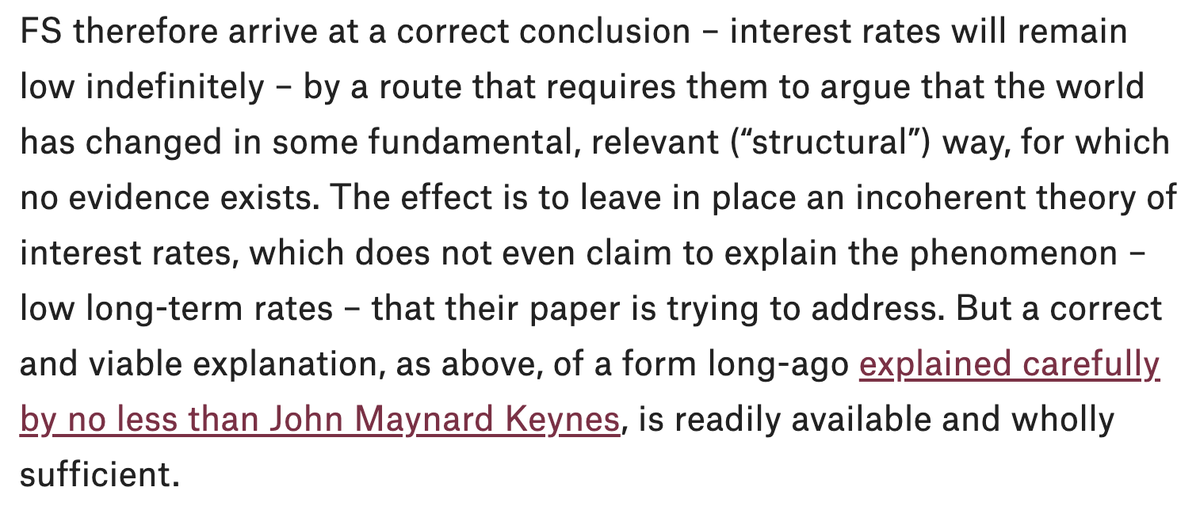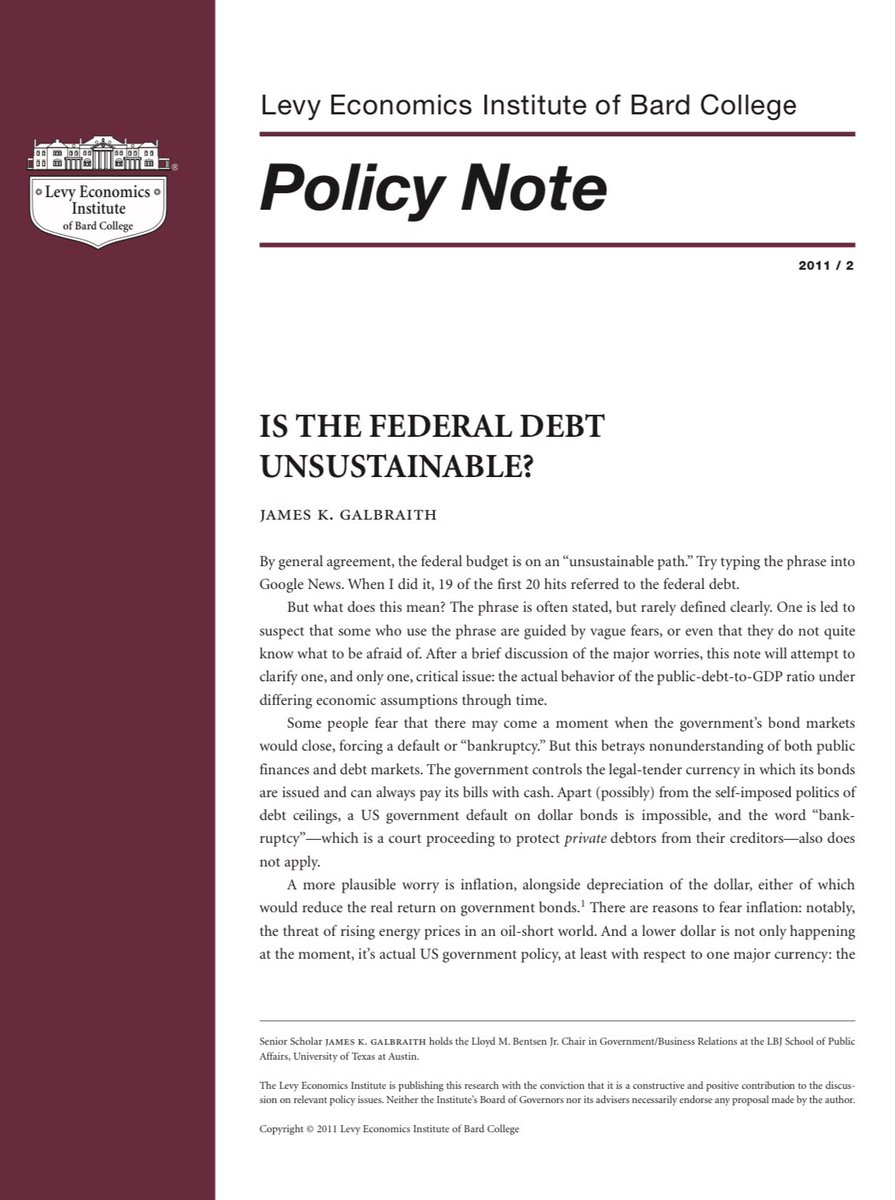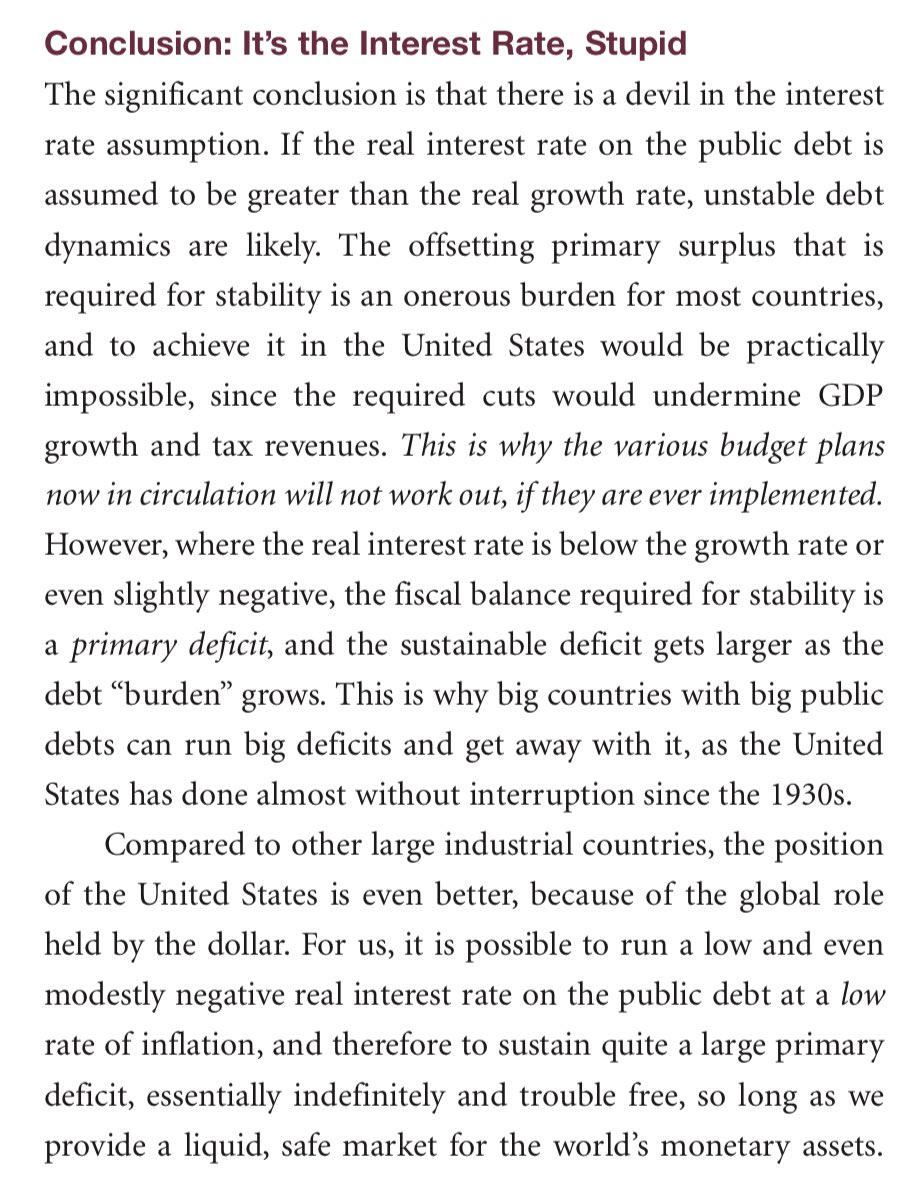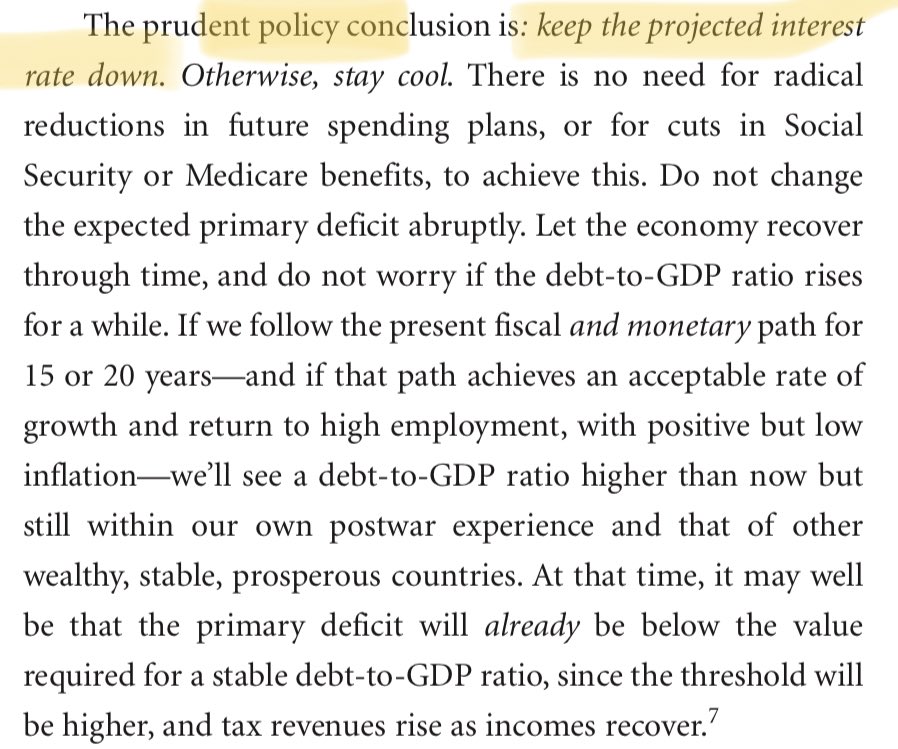
We could have designed something *similar* to this.
The first question is basically, Do you need financial help? Y/N
I pretended I was Canadian for purposes of this exercise. 1/9
The first question is basically, Do you need financial help? Y/N
I pretended I was Canadian for purposes of this exercise. 1/9
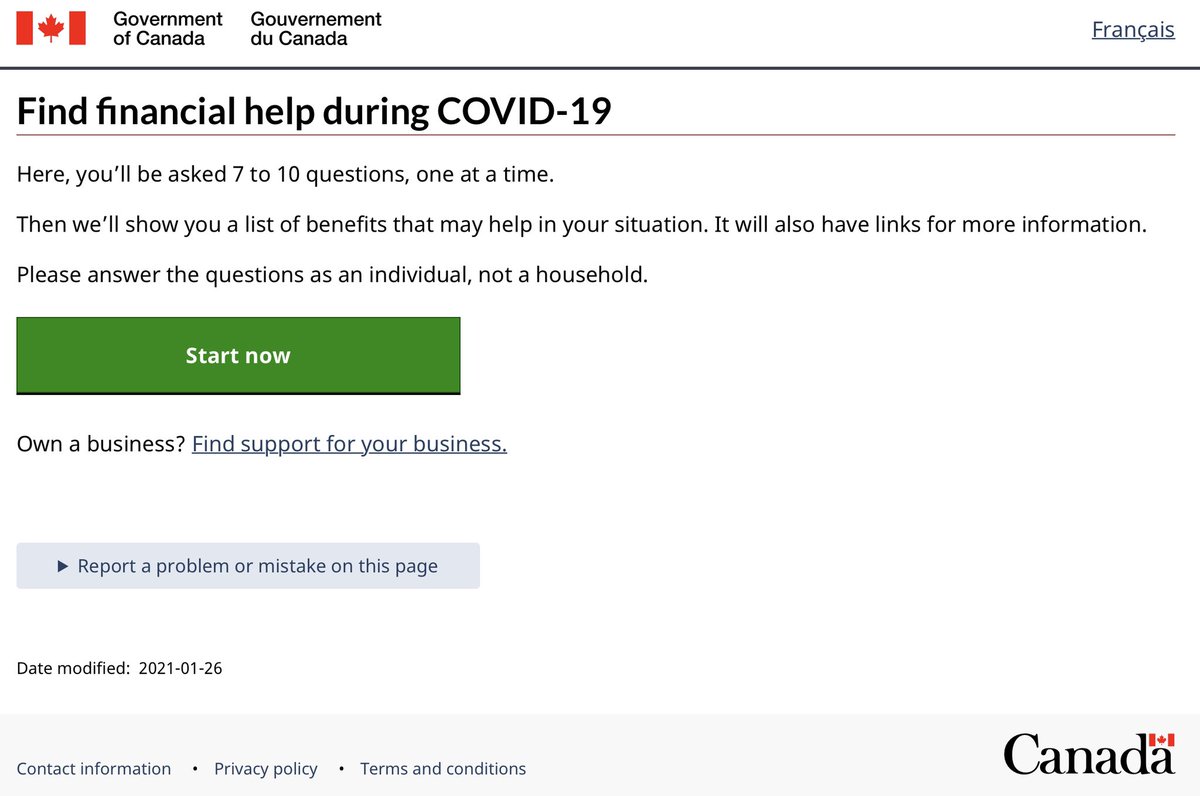
• • •
Missing some Tweet in this thread? You can try to
force a refresh











